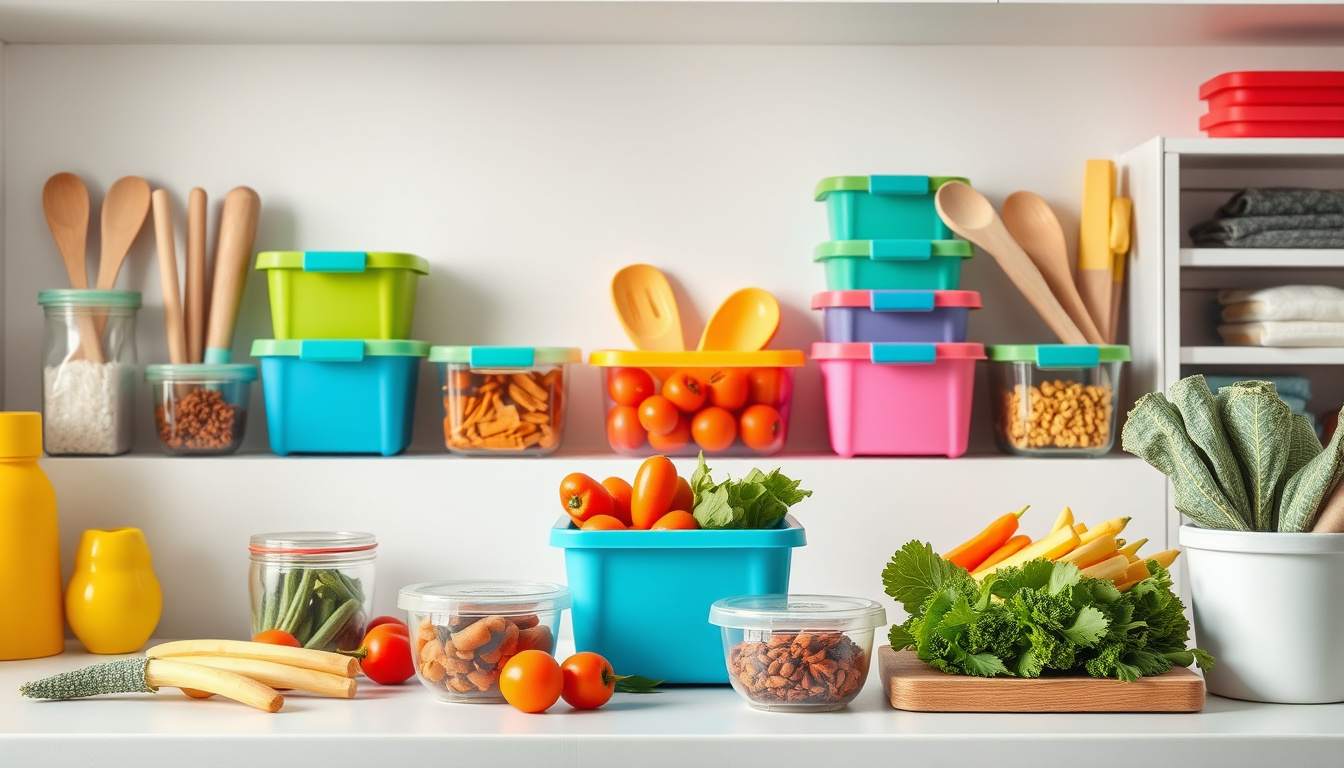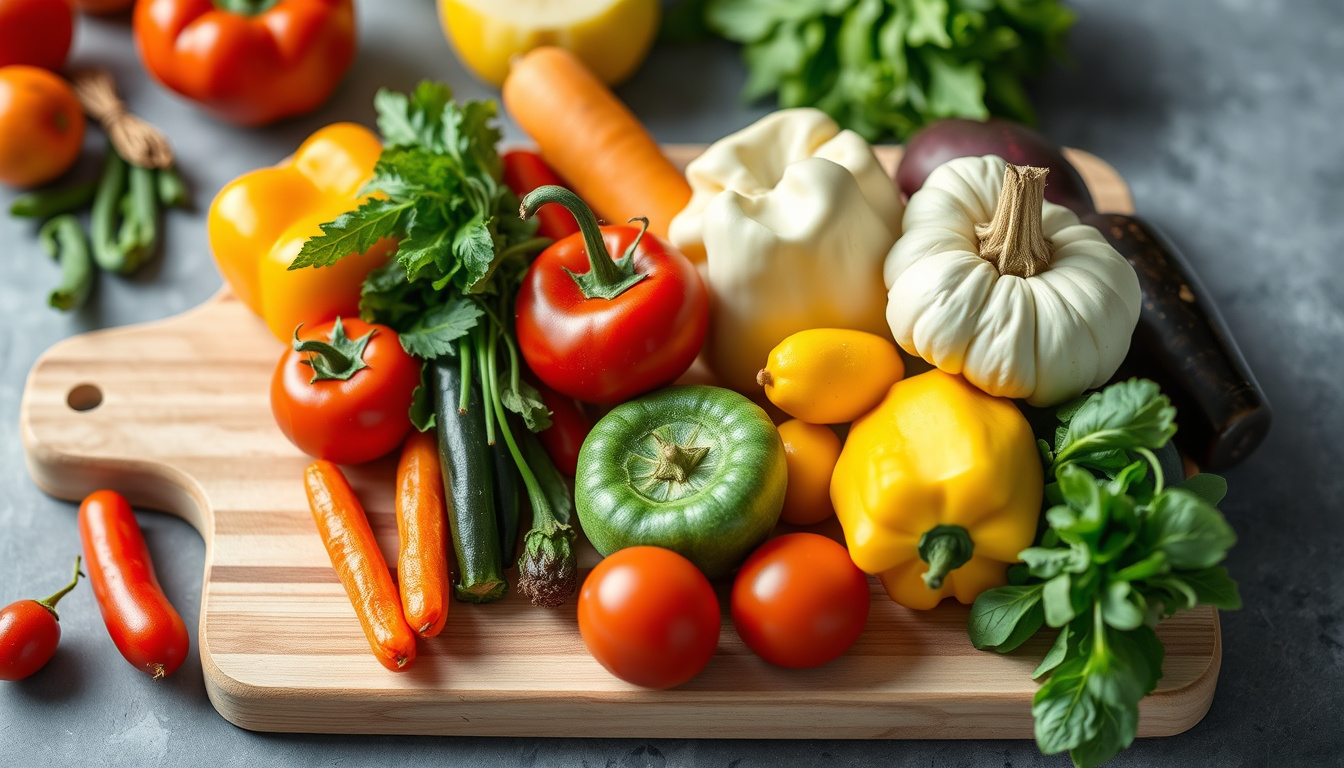In today’s busy world, time for healthy meals is small. Meal prepping comes in as a game-changer. It saves time on hectic days, helps you stick to a budget, and lets you eat better. If you are new or wish to improve your prep, this guide gives clear tips for making meal prep a fun, lasting habit.
Understanding the Benefits of Meal Prepping
Before you start, see why meal prepping works:
- Save time with ready meals on busy days.
- Cut food waste by planning and measuring ingredients.
- Spend less money by buying in bulk and avoiding quick takeout.
- Eat better by controlling what goes into your meals and how much.
These benefits can push you to make meal prepping a steady part of your routine, which helps with time and money.
Getting Started with Effective Meal Prepping
A smooth meal prep routine needs some planning. Try these steps:
-
Plan Your Meals for the Week
Pick a mix of recipes. Aim for meals with lean meat, whole grains, and plenty of vegetables. -
Create a Shopping List and Set a Budget
List all the items you need and plan your spending. Buying items on sale or in bulk cuts costs. -
Set Aside Time for Preparation
Choose a day, such as Sunday, to cook. A fixed day makes the routine easier. -
Invest in Good Storage Containers
Use tight, microwave-safe boxes to keep food fresh and ready for the week. -
Start Small and Build Up
At first, prep a few meals. Then, add more as you gain comfort.
Top Meal Prepping Tips to Save Time and Money
These practical hints help you master meal prepping:
-
Batch Cook Protein and Grain Bases
Cook chicken, beef, rice, or quinoa in large amounts. Use what you cook in salads, wraps, or bowls. -
Use Flexible Ingredients
Pick vegetables like bell peppers, spinach, and carrots. Try eggs, beans, or canned tuna for protein. Choose carbs like sweet potatoes, oats, or whole wheat pasta. -
Use Meal Prep Tricks to Cut Prep Time
• Pre-wash and chop vegetables before cooking.
• Cook in one pan to cut the clean-up work.
• Freeze single servings to keep food fresh and limit waste.
• Use slow cookers or pressure cookers for hands-off cooking. -
Pick Recipes That Last
Choose grain bowls with roasted vegetables, soups, stews, or pasta salads. These meals hold up well over the week. -
Keep a Flexible Approach
Do not stick to one strict plan. Swap ingredients or use leftovers to cut waste and save money. -
Use Smart Shopping Strategies
• Buy items in bulk from warehouse stores.
• Hunt for sales and discounts.
• Choose seasonal produce for lower prices and good taste.
• Consider frozen fruits and vegetables for steady, budget-friendly options.
A Sample Meal Prep Weekly Plan
Here is a simple, budget-friendly meal plan:
| Day | Meal | Main Parts |
|---|---|---|
| Monday | Chicken and Rice Bowl | Grilled chicken, brown rice, steamed broccoli |
| Tuesday | Veggie Omelet | Eggs, spinach, bell peppers |
| Wednesday | Quinoa Salad with Chickpeas | Quinoa, chickpeas, cucumber, cherry tomatoes |
| Thursday | Pasta with Marinara | Whole wheat pasta, homemade sauce, sautéed zucchini |
| Friday | Bean and Veggie Soup | Mixed beans, carrots, celery, vegetable broth |
This plan mixes low cost, ease of prep, and good nutrition.
FAQs About Meal Prepping
Q1: How does meal prepping save money?
Meal prepping cuts impulse buys, reduces waste, and lets you buy in bulk, which lowers grocery bills over time.
Q2: What are the best foods for meal prepping?
Focus on foods that stay fresh and reheat well. Think of grains, roasted vegetables, lean meats, beans, and sturdy salads.
Q3: How long do prepped meals last?
Most meals stay fresh for 3–4 days in the refrigerator. Freezing can keep meals good for 2–3 months, based on what is made.
Citing Reliable Information
Harvard T.H. Chan School of Public Health shows that meal prepping helps keep a balanced diet and avoids unhealthy fast choices. Good planning boosts nutrition and builds careful food choices.
In Conclusion: Make Meal Prepping a Habit Today
Meal prepping is a smart, simple way to save time and money. Plan ahead, cook in bulk, use flexible foods, and shop smart. You can enjoy tasty, healthy meals without daily stress. Start small, stick with it, and see how it can change your food and spending habits.
Do not wait—take control of your meals now, and feel the gains of meal prepping. Your budget and health will thank you!




